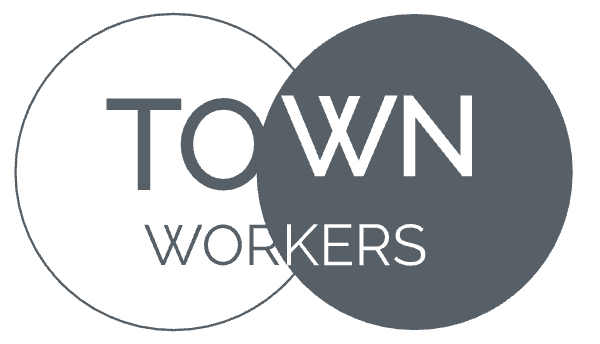Breaking Down Stereotypes: Diversity and Inclusion in Retail Careers
In today's world, diversity and inclusion are critical in every field of work. The retail industry is no exception. Despite the many changes in society, many retail careers still face significant stereotypes that exclude many qualified individuals from entering the industry.
This article will explore the importance of diversity and inclusion in retail careers, the challenges faced by marginalized groups, and how retail companies can foster an inclusive work environment.
Introduction
The retail industry has long been seen as a sector with low-paying jobs and limited career prospects. This perception has led to many stereotypes and biases, which have made it challenging for people from marginalized communities to enter the industry. However, recent developments have shown that the retail industry has the potential to be an inclusive and diverse sector, offering fulfilling careers to people from all backgrounds.
The Importance of Diversity and Inclusion in Retail Careers
- Improves Company Culture
- Increases Creativity and Innovation
- Increases Revenue and Sales
- Supports Social Responsibility
Stereotypes in Retail Careers
- Retail jobs are low-skilled, and anyone can do them.
- Retail jobs have no career progression.
- Retail is only for young people.
- Retail employees are not well-paid.
- Retail is a "women's job."
- Retail careers require physical labor only.
Challenges Faced by Marginalized Groups in Retail Careers
- Bias in Hiring Practices
- Discrimination in Pay and Promotion
- Stereotyping and Prejudice
- Inadequate Training and Support
Fostering an Inclusive Work Environment
- Implementing Diversity and Inclusion Programs
- Providing Unconscious Bias Training
- Ensuring Equal Pay and Promotion Opportunities
- Encouraging Employee Resource Groups
- Providing Adequate Training and Support
Conclusion
The retail industry has a crucial role to play in fostering diversity and inclusion in the workplace. By breaking down stereotypes and biases, retail companies can create an inclusive and supportive work environment for everyone. To achieve this, companies must take concrete steps to ensure that their hiring practices, training programs, and company culture reflect their commitment to diversity and inclusion. By doing so, they will not only attract top talent but also improve their bottom line and contribute to a more equitable society.
